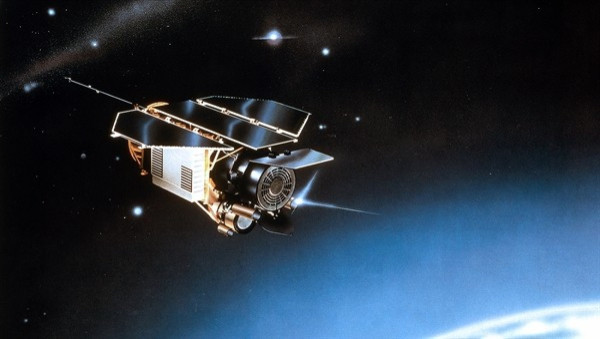Falling German ROSAT May Strike the Earth on Saturday

The enormous German Roentgen Satellite (ROSAT) is expected to strike Earth on Saturday, anywhere inside an area that stretches from North America to South America and their adjacent waters. However, astronomers believe that the chance of falling fragments striking a densely populated area is very low.
The risk of the ROSAT directly knocking on someone's head is 1 in 2,000, according to the European Space Agency. A similar probability was calculated when NASA's Upper Atmosphere Research Satellite (UARS) was due to fall back to Earth last month. in fact, the odds then were 1 in 3,200. Fortunately, there were no head-knocking incidents then, as the UARS crashed safely in the Pacific Ocean.
Moreover, given the fact the planet is covered mostly by water, it is more than likely that the ROSAT will not fall over land at all.
The 2.7-ton ROSAT suffered a technical malfunction in 1998. The malfunction led to irreparable damage, which resulted in the satellite spending years adrift in orbit around the planet. That orbit has now decayed to the point that it will fall from space.
However, some experts aren't really sure when and where the ROSAT will crash. Although the ROSAT was originally expected to land in November, closer estimates showed that the spacecraft will fall earlier than previously thought.
© Copyright IBTimes 2024. All rights reserved.





















